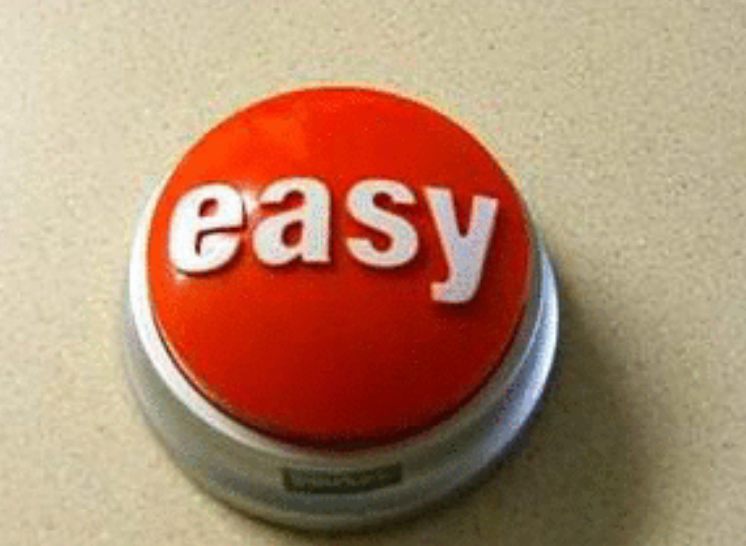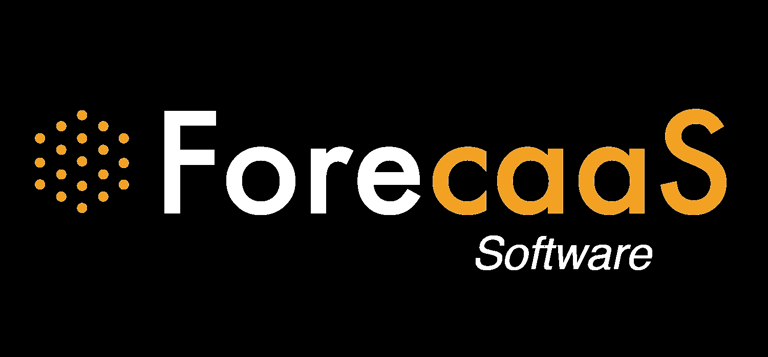“We got bought out”!
Gabriel Marechal
6/17/20252 min read


“We got bought out”!
No, we didn’t 😋 … but these four little words coming from a client can send shivers down any solution provider’s spine.
Cue the mad dash scramble to show your value in a desperate attempt to save the contract – not great. Because for better or worse, the decision could be made before you even know what’s happening or can react.
Conversely, it definitely shows a huge validation of value when your product is able to survive an acquisition event, and usage is extended to the resulting organization.
We’ve been through our fair share, and have a great survival record! Let me tell you… it is an amazing boost 🚀
So, outside of creating a product that your clients can’t live without (our preferred method 😉 ), how do you best prepare for a client’s acquisition, merger or any other huge org shift to keep your place in the tech stack? In the tech world, we all know that it’s not a question of if, but rather when it will happen.
💡 In short… make it your number 1 priority that everything is as EASY as possible.
From getting relevant information to all things process related, your client should feel confident that keeping your product on board is the most cost effective and least disruptive solution.
One method is to create a kind of “How we Scale for [Company Name]” document that provides answers to common FAQs new leadership may have. It should include things like:
➡ What your solution does and relevant contract details,
➡ How your cost scales (remember… easy to understand pricing is key here, & bonus points if this is in the form of an interactive pricing calculator),
➡ How/if your product works with their current/envisioned tech stack as well as any other integration capabilities,
➡ The specific features/functions that directly support an easy implementation like fast processing times, audit capabilities, data cleansing, migration etc.
Research should be done prior to this event to glean as much information as possible to make this personalized to their particular use case.
Above all, remember to use empathy. These situations are highly stressful for all involved so be proactive not pestering when it comes to your interactions.
For those of us that have gone through this, was there anything a vendor did that saved them from the chopping block? Anything particular about how they provided information or made a process much easier than their competitors?
What had you pressing the proverbial “That was easy” button?
ForecaaS Software
The Recurring Revenue Specialists for Salesforce
Questions?
© 2025. All rights reserved.
